As the boiler market continues to grow, it's important that new and existing professionals alike are aware of the accessories required to install any boiler in any home.
As an installer, whenever you go into a City Plumbing branch, you have immediate access to our team of on-site specialists who can assist with anything that might make your job go smoother or easier.
For those who prefer to shop online, this guide serves as a handy go-to reference for the crucial boiler installation accessories and additions you'll need for any boiler installation job.
1. Flue Kits and Roof Terminals
A boiler flue is an important component that enables exhaust gas to escape safely from the boiler and out of the property, either by the side of the house or up out from the roof.
When purchasing a new boiler, it is crucial that the correct new flue kit is bought with it, as every new gas boiler installation requires a new boiler flue as per gas regulations.
There are three types of flue kits available - horizontal flue kits, vertical flue kits and direct rear kits. Without one, homeowners would be at risk of exhaust gases permeating the air, which is definitely not advisable.
Besides a boiler flue kit, another essential item to consider is roof terminal kits, which are used when your boiler flue system exists out from the roof of the property.
There are two types of roof flashings, one designed for flat roofs and another for pitched roofs, and they provide a secure and weatherproof seal for the flue - without one, your flue system may not function correctly and could pose a severe risk to health and safety.
Additionally, installers may want to consider flue extensions that will extend a boiler's flue outlet system, effectively an additional flue length of either horizontal or vertical orientation. It is important to keep in mind that the flue extension needs to be the same brand as the flue for them to connect.
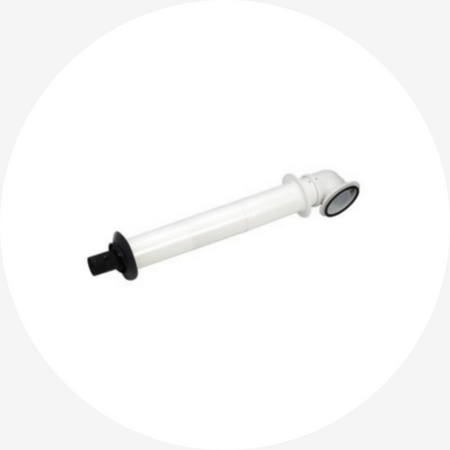
2. Copper Pipe
A gas pipe upgrade may not always be needed, depending on the existing pipework in your customer's property; however - if you are replacing a combi boiler with another combi boiler and the pipework is already 22mm from the meter to the boiler, it is unlikely to need an upgrade.
Copper pipe is important for any new boiler installation because copper metal can withstand high levels of extreme heat without losing its strength or shape, and copper is also resistant to corrosion. Copper can withstand high water pressure, therefore making it more durable for any boiler installation.
The standard pipework is 15mm; however - depending on the power output of the boiler unit, you may want to consider a larger size, such as 22mm or 28mm.
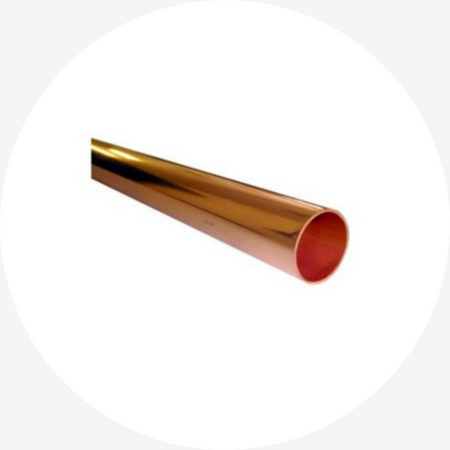
3. Thermostats / Smart Thermostats
Purchasing a thermostat to go with a boiler is an excellent investment because not only can thermostats regulate the temperature in your customer's home, but they can also allow customers to program schedules for when their heating comes on and off.
Programmers and Thermostats can effectively keep customer's homes at a comfortable temperature and help them save money on heating bills. This is especially significant in the colder months when customers are more likely to turn up their thermostats so they can be programmed to help keep things regulated without spending a fortune.
Some thermostats can also provide users with frost protection, which ensures customers don't fall victim to any potential frost during the colder months. Having these features will ignite the boiler when the temperature drops to a certain level to prevent the pipes from freezing over.
Smart Thermostats have become more popular with homeowners across the UK, as they can provide a vast array of unique features that can allow users to take control of the temperature even when they are not at home.
Most smart thermostats are twin channel, which can simply allow customers to control their heating and hot water. Here are some extra benefits of Smart Thermostats:
- Energy Saving - only uses heating energy when needed
- Weather Compensation features that adjusts the heating systems to reflect the outside weather.
- OpenTherm Compatible
- Easy-to-use interface
- Wireless controls from any smart device
- Most smart controls are Boiler Plus and SAP Compliant.
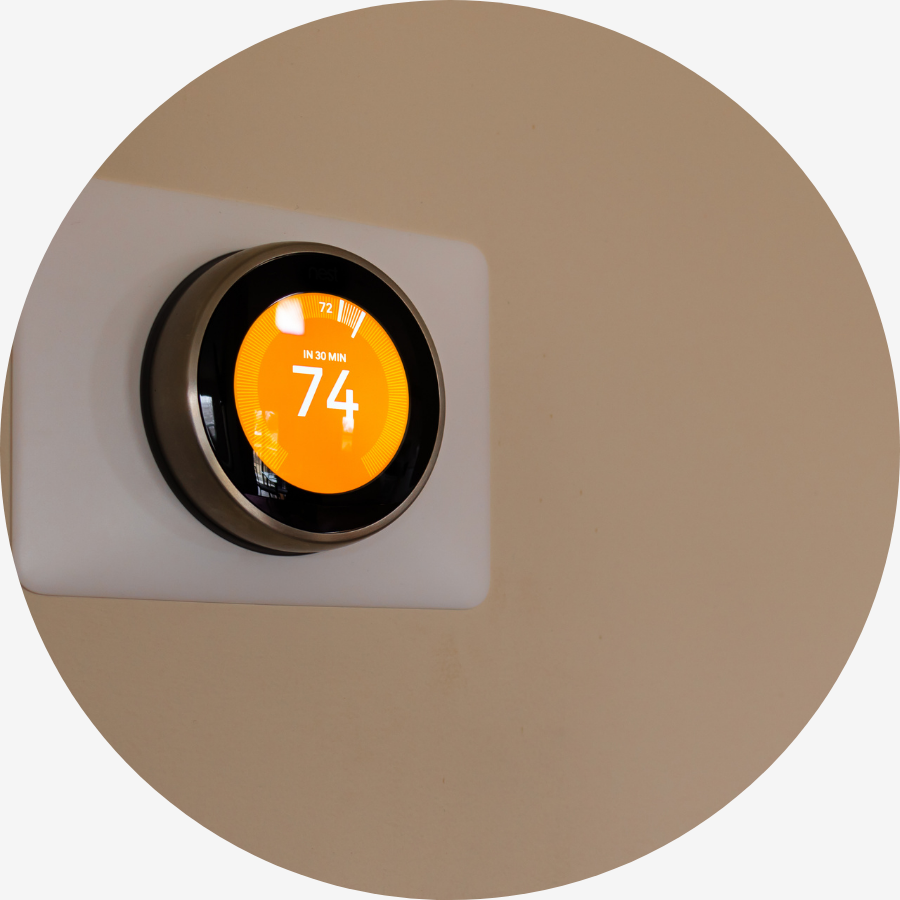
4. Water Treatment
When it comes to water treatment, there are many different methods to choose from to help your customer's central heating system.
Magnetic Filters are very common and almost always recommended to customers to have installed with their new boiler. By installing a filter, like the Adey MagnaClean Pro, some manufacturers offer an extension on their warranty, but in the long run, they help remove magnetic debris from the system, while also boosting efficiency and flow.
Chemical solutions are another great way to help central heating systems. Solutions like a Sentinel Inhibitor can protect customer's central heating systems from limescale and corrosion and help reduce the formation of hydrogen gas.
Installers and help assist customers to put the solution into the system. It can be applied to the valve where you would bleed a radiator. Ensure the entire heating system is turned off and the radiators have thoroughly cooled down.
Lastly, scale reducers are another great way to help control limescale build-up. Their small compact scale, like the CalMag Inhibitor, can easily fit on cold water lines and can also be adapted for push-fit fittings.
Your customer can benefit massively by having this installed on their central heating system without applying chemicals.
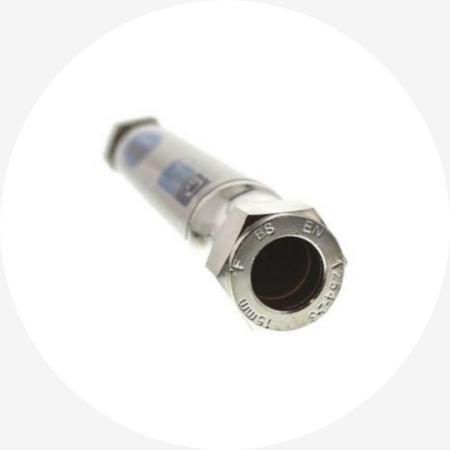
5. Central Heating Pumps
Circulating pumps are a type of central heating pump that's designed to be installed on the customer's central heating system. They are a small mechanical device which is used to speed up the process of circulating the flow of the domestic hot water in the property from the boiler to the radiators and then back to the boiler.
Circulating pumps are an integral part of any central heating system because without one fresh hot water would not arrive in the radiators to heat the room.
Most of the time, new boilers, such as gas combi boilers, will have a circulating pump built-in already however - boilers such as a heat-only or regular boiler where water pressure would be typically low, having a pump such as a Grundfos Alpha circulating pump will be beneficial for your customer.
There are many additional benefits to he had with central heating pumps, such as;
- High energy savings
- Noise reduction to central heating systems
- Variable speed modulating modes
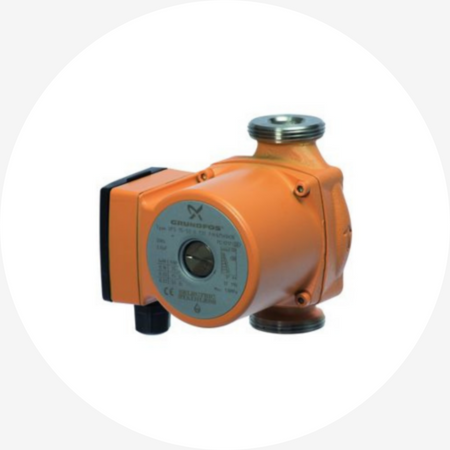
Whether it's for yourself or for your customer, take advantage and benefit from the many additional boiler accessories available when you make your next boiler purchase.
If you require further advice, then get in touch with our heating experts or visit your local City Plumbing branch. Or why not read about the most important plumbing regulations for installers here.
Author: Alexis Webster
Other articles

Don't miss the B.U.S… Boiler Upgrade Scheme Grant Increased for 2024
13 Oct 2023 ・ 5 mins

Helping Installers Transition their Business
29 Sep 2023 ・ 4 mins
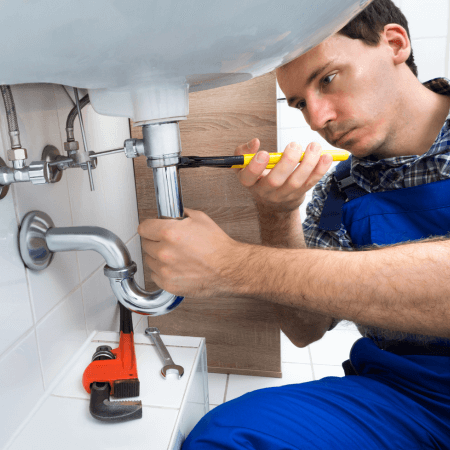
Important Plumbing Regulations for Installers
19 Sep 2023 ・ 3 mins

Smart Security: How installers can make homeowners feel more secure
31 Jul 2023 ・ 4 mins



